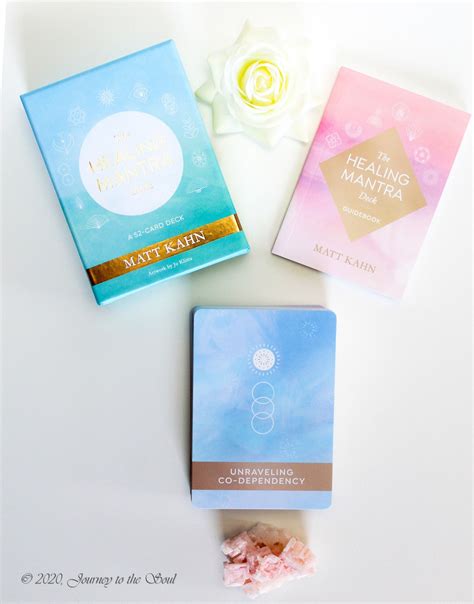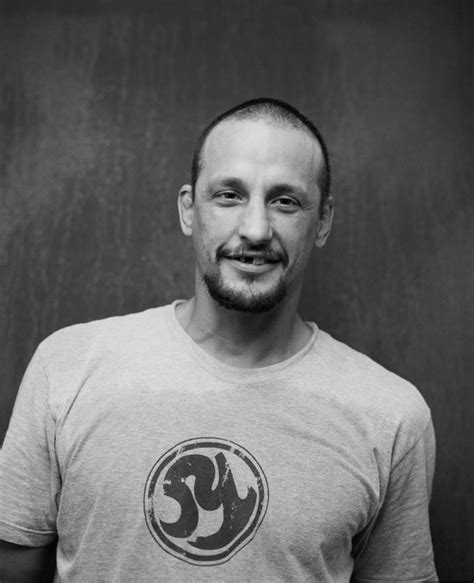A Quote by J. G. Ballard
Most writers flinch at the thought of being completely honest about themselves. So absolute honesty is what marks the true modern.
Related Quotes
One of the most commonly overlooked spiritual practices is daring to be completely honest with everyone you encounter. Some may say others cannot handle their honesty, but true honesty is not a strategy or a weapon of any kind. It is the willingness to be open and absolutely transparent in sharing how any moment feels in your heart. It has nothing to do with confrontation, accusation, or any form of blame. True honesty is the willingness to stand completely exposed, allowing the world to do what it may, and say what it will, only so you may know who you are - beyond all ideas.
The complaint about modern steel furniture, modern glass houses, modern red bars and modern streamlined trains and cars is that all these objets modernize, while adequate and amusing in themselves, tend to make the people who use them look dated. It is an honest criticism. The human race has done nothing much about changing its own appearance to conform to the form and texture of its appurtenances.
The writers I care about most and never grow tired of are: Shakespeare, Swift, Fielding, Dickens, Charles Reade, Flaubert and, among modern writers, James Joyce, T. S. Eliot and D. H. Lawrence. But I believe the modern writer who has influenced me most is Somerset Maugham, whom I admire immensely for his power of telling a story straightforwardly and without frills.
But here's the thing about being honest: All the liars HATE you for it, and most of the people in the world are liars. They lie to their bosses, they lie to their families, they lie to themselves, they lie so much they don't even know they're lying anymore. If you have the courage to be honest even a little bit all those people will hate you for it, because their lie is reflected in your honesty. Oscar Wilde wasn't kidding when he said, "If you want to tell people the truth, make them laugh, otherwise they'll kill you."
You know, it's a funny thing about writers. Most people don't stop to think of books being written by people much like themselves. They think that writers are all dead long ago--they don't expect to meet them in the street or out shopping. They know their stories but not their names, and certainly not their faces. And most writers like it that way.
I had never done anything with blue screen before, or prosthetics, or anything like that. Lord of the Rings was like stepping into a videogame for me. It was another world completely. But, to be honest, I basically did it so that I could have the ears. I thought they would really work with my bare head.Working with Martin Scorsese was an absolute minute-by-minute education without him ever being grandiose about it.
You can't relate to an absolute or it wouldn't be absolute, it would be relative. On an intellectual level, that's easy. However, you hear theologians in the theistic traditions talk about absolute God, and I saw God, or God spoke; speaking, being seen, these are all relational things. So what is absolute about such a being, wouldn't actually be absolute.
Honesty is not the same as truth. That is the obstacle of the notion of relative truths. I would like to put my trust in the lunatic. He is the one least concerned of what I think of him, the mark of an honest man. I can always depend on him to be completely honest in what he thinks and feels, about anything, no matter the consequences laid before him, however with no course of rationale, I cannot necessarily take his word for even the well-being of him in his own reality.
We cannot afford to differ on the question of honesty if we expect our republic permanently to endure. Honesty is not so much a credit as an absolute prerequisite to efficient service to the public. Unless a man is honest, we have no right to keep him in public life; it matters not how brilliant his capacity.





































